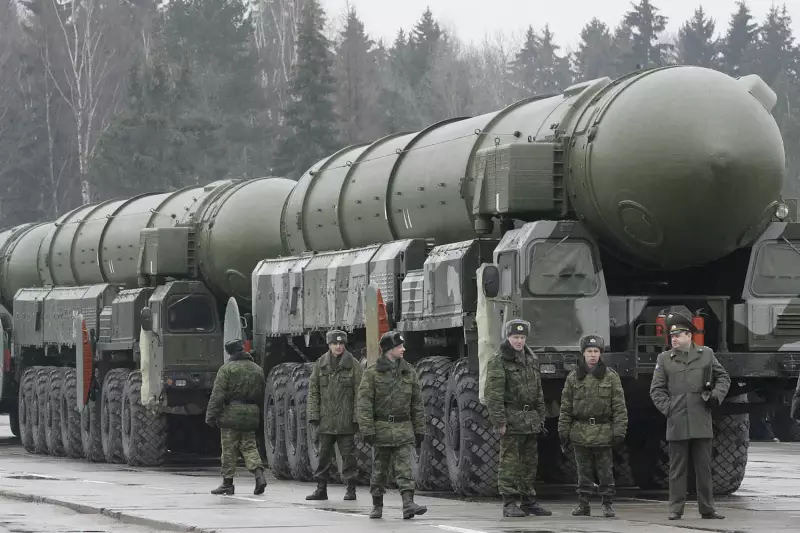

In recent months, there has been significant attention given to the movement of nuclear weapons by Russia in 2023. The movement of these weapons has been a topic of concern, with many speculating on the reasons behind the relocation of these weapons, and the potential implications of such a move. This article aims to provide an in-depth analysis of the ongoing situation regarding the nuclear weapons being moved by Russia and the potential implications for the international community.
On March 25, 2023, Russian President Vladimir Putin announced that Moscow had reached a deal with Belarus to station nuclear weapons in the country. According to TASS, the official news agency of Russia, Putin stated that this agreement was necessary for the protection of both Belarus and Russia. Putin also claimed that the relocation of nuclear weapons was in compliance with international law and that the weapons would only be used in the event of an attack against Russia or Belarus.
This announcement has caused significant concern among many countries, particularly those in the region, as it raises questions about Russia's intentions and the impact this move may have on regional stability. There is speculation that the movement of nuclear weapons by Russia is aimed at increasing their military capabilities and maintaining a strategic advantage over the United States and its allies.
It is worth noting that this is not the first time that Russia has moved nuclear weapons around. In 2018, Russia was reported to have deployed a new generation of nuclear-capable missiles in the Kaliningrad region, a Russian enclave between Poland and Lithuania. This move was seen as a response to the deployment of NATO forces in the region, and it fueled concerns about the escalating arms race between Russia and NATO. The movement of nuclear weapons by Russia has also raised concerns about the possibility of a new arms race between the United States and Russia. The United States has been investing heavily in its military capabilities, including nuclear weapons, and has been actively seeking to modernize its nuclear arsenal. The relocation of nuclear weapons by Russia could be seen as an attempt to keep up with the United States' advancements and maintain a strategic advantage.
Additionally, the movement of nuclear weapons by Russia has the potential to destabilize the region and increase tensions between neighboring countries. Belarus, in particular, has been a source of tension between Russia and the West, with Belarusian President Alexander Lukashenko accused of suppressing opposition and rigging elections. The stationing of nuclear weapons in Belarus could further exacerbate the already tense relationship between Russia and the West.
The implications of the movement of nuclear weapons by Russia are not limited to the immediate region. It is worth noting that the deployment of nuclear weapons by any country is a matter of concern for the international community. The use of nuclear weapons has the potential to cause catastrophic damage and loss of life, and it is essential to ensure that these weapons are not used under any circumstances.
In conclusion, the ongoing situation regarding the movement of nuclear weapons by Russia is a matter of significant concern for the international community. The relocation of these weapons raises questions about Russia's intentions and has the potential to destabilize the region and increase tensions between neighboring countries. The United States and its allies must remain vigilant and work to prevent a new arms race between Russia and the West. It is also essential to ensure that nuclear weapons are not used under any circumstances, as their use could have catastrophic consequences for the entire world.
Add comment
Comments